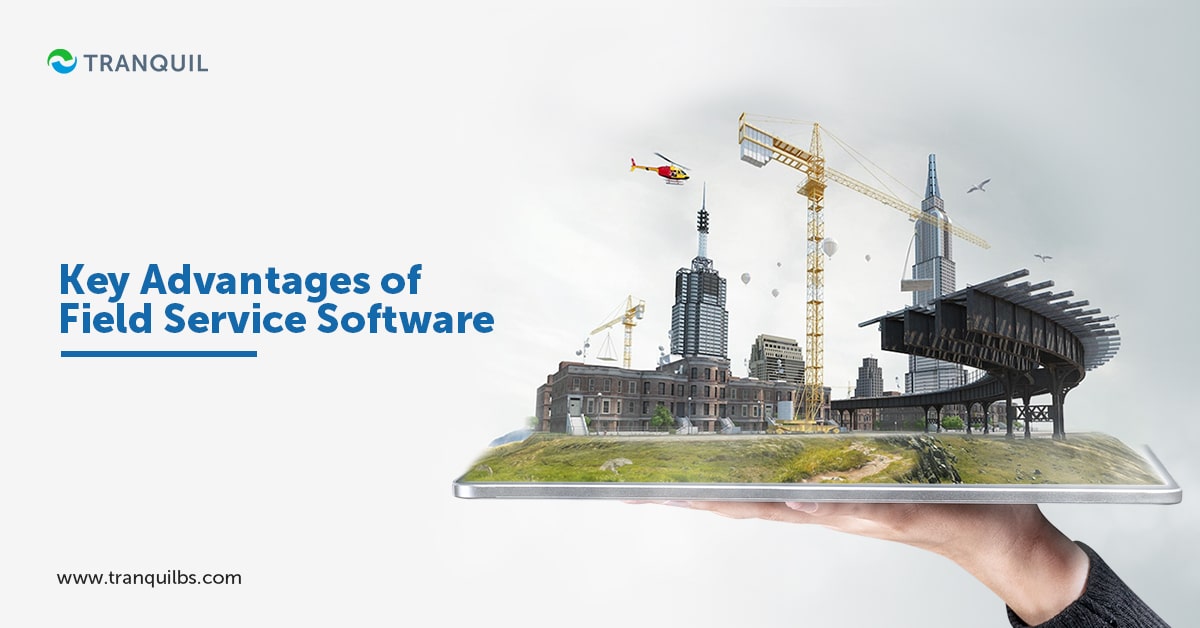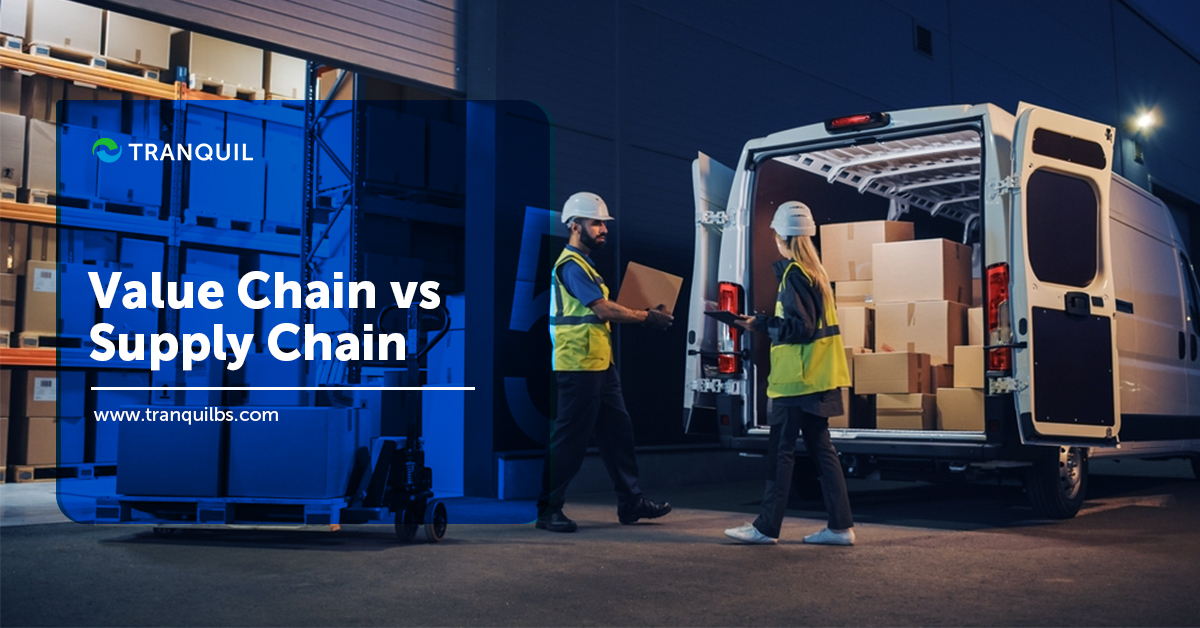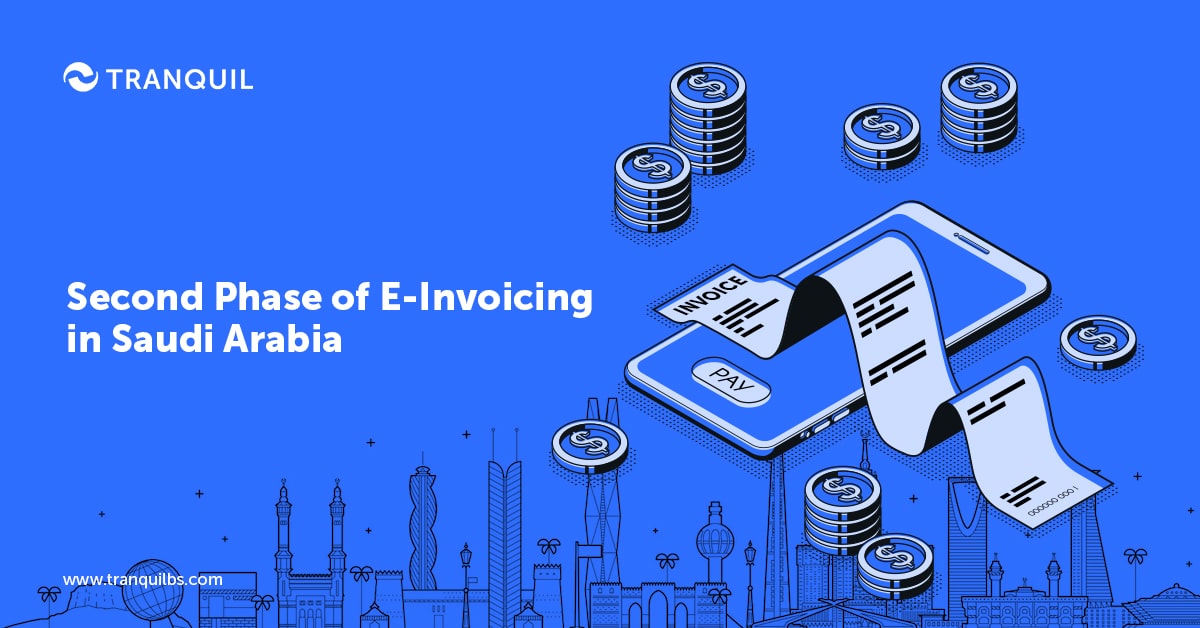Tranquil is a prominent cloud-based ERP software system that helps you to manage your projects and business work in a hassle-free way. Moreover, with this software, you can access your business data anywhere, any time. If you want to manage an ERP software system, you can get in touch with Tranquil software.
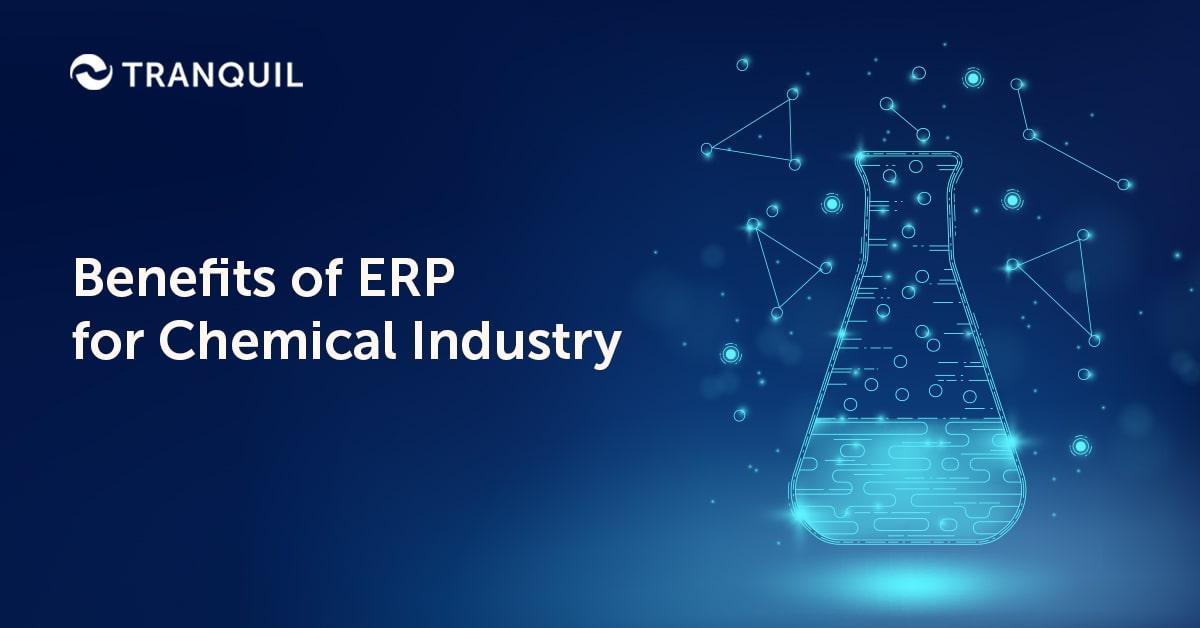
Top Benefits of ERP for Chemical Industry
Manufacturing, by nature, is a complex business; when it comes to chemicals, it can be even more challenging, and potentially dangerous as well.
Safety is imperative when it comes to chemicals; there are also strict regulations in place which need to be adhered to.
It is also important that you have real-time information about the production, there are new production technologies coming to the fore, and of course, R&D is crucial.
Additionally, any manufacturer wants to bring in greater efficiency while cutting costs.
Chemical industries also are challenged by high volatility, and there are often dramatic shifts in demand; legacy systems and manual processes can hamper your flexibility and capability to control business operations.
So how would you, as a manufacturer of chemicals tackle these challenges?
Since this business is heavily reliant on inventory management, industry experts are of the opinion that ERP solutions will benefit manufacturers immensely.
ERP for chemical manufacturing can help streamline processes, and handle large data volumes speedily and efficiently to provide information in real-time that drives improved decision making; ERP can make your business agile and proactive.
ALSO READ: How ERP Can Improve Business Efficiency?
Let us take a detailed look at the benefits offered by the chemical industry ERP:
Benefits of ERP for Chemical Industry
1. Formulation Management
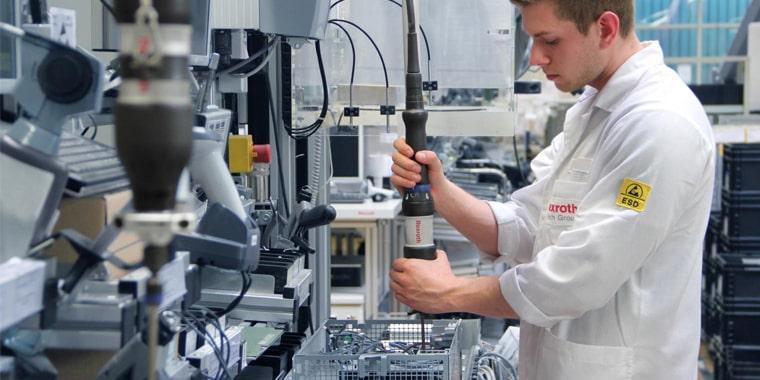
Accurate measurements, potencies, qualities, concentrations, and reactions of raw materials is extremely critical in the chemical industry.
The formulation is the basis of material purchases; an efficient ERP system like Tranquil gives you the ability to set up and maintain a system to manage formulae.
It can track the raw material in stock, and the quantity required to produce finished goods that match sales forecasts; this helps to diminish material costs as well.
Tranquil’s procurement management feature enables you to meet production requirements uninterruptedly, by alerting you to raw material needs, allowing you to order continuously.
Formulations that necessitate potency adjustments can also be managed easily, with businesses being able to track raw inputs straight back to the specific vendors; they are sent notifications regarding potency adjustments, they can also handle returns and cancellations quickly, reducing your costs.
With the right ERP software, you can be sure that you are right on the dot with formulae for the manufacturing and distribution of chemicals.
2. Inventory Control
To achieve the most effective inventory control, you need to use quality control information, expiry dates, traceability data, and other data elements.
ERP systems have all the warehouse and shipping locations this helps to manage locations, FEFO, and so on and automate processes that connect quality control data with lots and batches.
This connection can be extended to link all the collected information to the raw material supply; this further leads to a chain of gathered data capable of tracing all inputs to their apps and locations of end customers.
This helps quick resolutions of on-field problems and optimizes product traceability.
To put it in simple words, ERP systems help you track inventory according to license, attributes like potency, item, lot number, warehouse, status, UOM, location, and so on.
Add that to mobile-friendly processing of transactions, and inventory management becomes a breeze.
3. Product Innovation
When every department shares information within an ERP system, chemical manufacturers can manage product lifecycles more efficiently, at the same time, predicting future demands.
You can also gain a competitive edge by supporting collaboration, and responding quickly to your customers’ enquiries and demands for sales.
4. Improved Collaboration
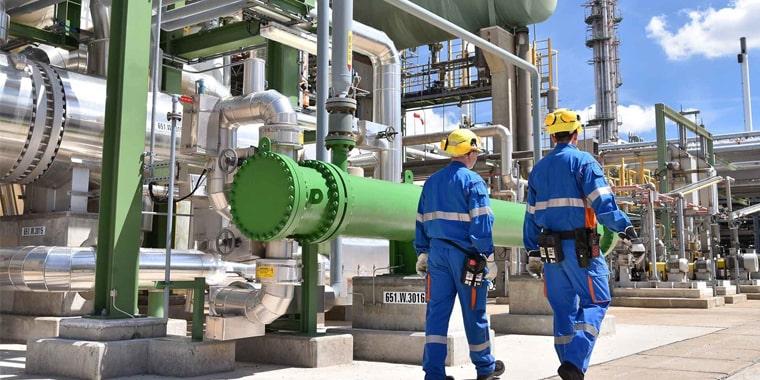
When all the departments in a company are connected within an ERP solution, there are pan-organizational benefits.
The integration of various functions – like vendor monitoring and evaluation, managing contracts, invoicing, procuring materials, and making catalogs – with key stakeholders become more efficient.
This helps forge strong bonds with suppliers and gives you leverage when it comes to purchasing, helping you get lower prices for procurement and purchase.
5. Greater Efficiency in Supply Chain
You can shorten the time taken for cycles to complete by collaborating closely with supply chain members, boosting efficiency and visibility of the supply chain, and decreasing inventory costs at the same time.
You can use chemical ERP for strategic management of raw materials, reduce costs, minimize wastage, and eventually enhance profitability.
In fact, you can even reduce the working capital requirement as you will be able to plan for supply and demand more effectively.
ALSO READ: Role and Benefits Of ERP In Supply Chain Management
6. Responsive and Agile Manufacturing
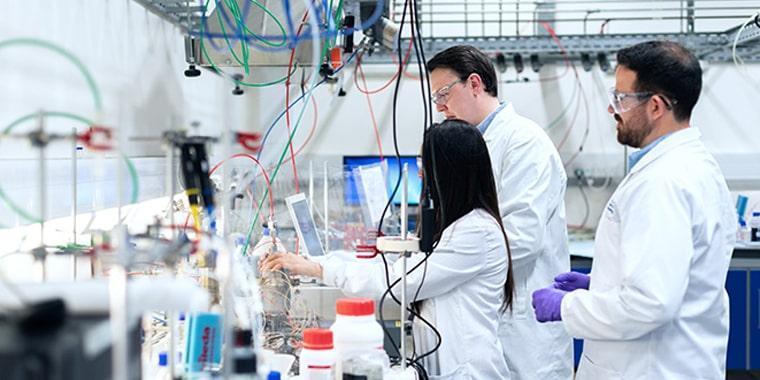
Chemical manufacturers can be more flexible with the supply chain when there is a change in demand thanks to ERP software.
New or altered production plans can be shared with all stakeholders in the supply chain networking, allowing them to adjust their manufacturing in real-time.
This is based on precise marketing and sales activities which can help with manufacturing decision-making.
In the chemical industry, it is an extremely vital requirement that when it comes to formulae or the manufacturing process, the modification has to be easy.
With ERP, there is higher responsiveness on the alterations made, enhanced synchronization, fewer errors, and less time wastage thanks to real-time information.
7. Improved Operations & Inter-department Collaborations
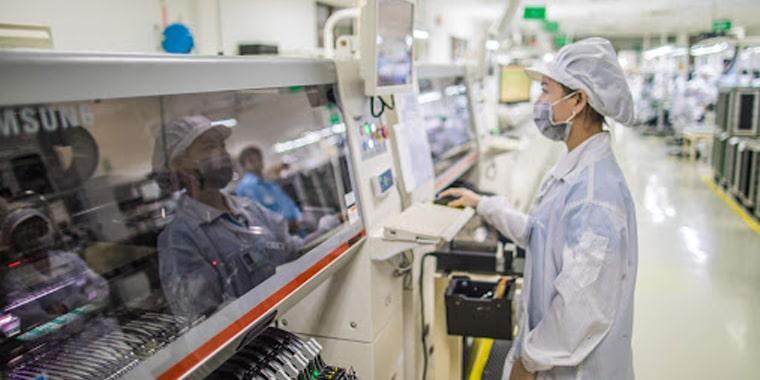
Without synchronization, things can get pretty chaotic in your chemical business.
Productivity depends to a great deal on collaboration between teams and departments, and lack of it can negatively impact productivity.
However, ERP software facilitates collaborations, helping your business to grow.
8. Tracking & Analysis
Tracking operations is important for all businesses with multiple teams and large SOPs; an ERP solution will help you easily track all your operations from one unified dashboard.
Business analysis is a critical part of business, that helps you see what strategies work and what doesn’t, and where you need to make improvements.
Tranquil ERP comes with a powerful inbuilt BI and analytics that helps with all the statistical data that is essential for your business.
ALSO READ: Challenges in ERP Implementation
9. Better Electronic Records Management
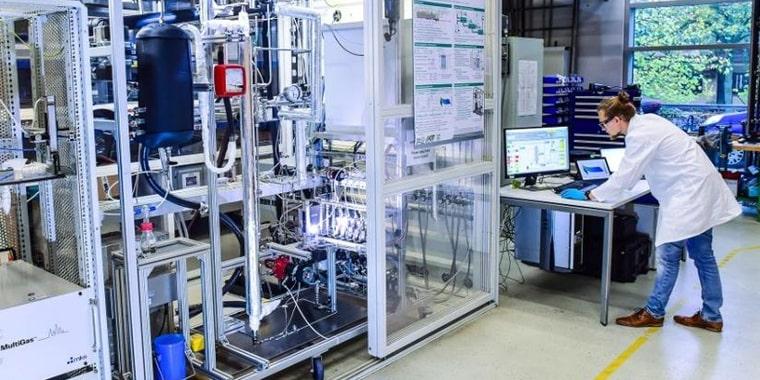
The efficacy of future analytics depends on the precise management of records and data – regardless of the industry.
ERP drives better decision-making with easy electronic storage of data and records.
It eliminates the problems of lost papers or unavailability of information in crucial moments, usually associated with manual systems.
10. Remote Access
With a robust ERP system, you can be sure that you will be able to access all the features when you need them, regardless of where you are.
This is extremely helpful when your agents are out in the field, or you are talking to a potential customer at an expo, and need details like previous orders, prices of your finished products, quantities you have on hand, how quickly you can supply the order, and so on.
Mobile accessibility allows you to tap into your ERP and use the information to close deals, negotiate terms, and convert more customers.
ALSO READ: Influence and Importance of ERP System in Different Industries
11. Increased Customer Satisfaction
With better inventory control, improved productivity, formula security and management, and integration with CRM or customer relationship management software, you will be able to provide better customer service – more personalized, relevant, and quicker fulfilling of their demands.
12. Ease Production Complexities
Chemical ERP affords companies greater flexibility for planning batch production jobs as well as purchase orders depending on supply and demand.
This helps to make sure that production is carried out without disruptions or delays.
ALSO READ: How is AI transforming ERP?
13. Ensure Safety & Quality Across Processes and Products
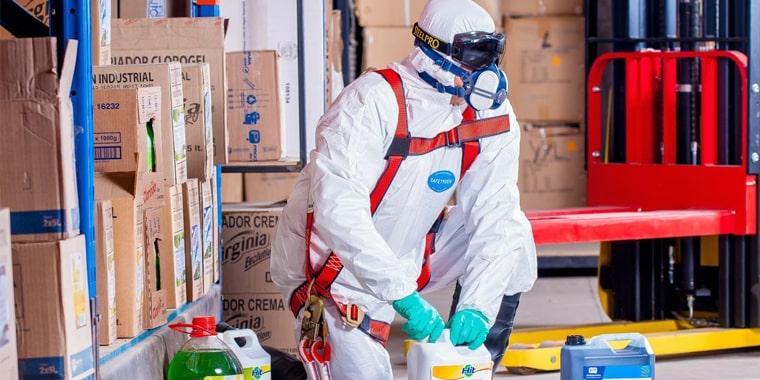
An efficient and reliable ERP solution like Tranquil ERP helps chemical manufacturing companies to take care of the health and safety of their employees and customers.
The option for incorporating manufacturing instructions and maintenance of HMIS during production, generating SDS sheets and GHS labels during product shipments, etc., is how an ERP achieves this objective.
14. Regulatory Compliance

It is vital that chemical manufacturers comply with the many regulations in place for the industry, ranging from local to international.
Chemical production and handling is a high-risk business, and therefore safety is of utmost importance in this industry.
Technology helps to a significant extent and has been playing an important role since the early days.
Compliance with regulations is especially critical as industrial accidents could impact public health and safety for years to come even.
You need to have solutions for ensuring the safety of employees and the general public.
ALSO READ: Factors for a Successful ERP Implementation
Regulatory compliance modules capable of testing warehouse conditions, temperature, factors of ingredients, final products, and so on, are essential, as are reporting capabilities that will help fulfill compliance requirements.
It is necessary to maintain detailed information and generate reports like VOC and SARA, as well as HAZMAT bill of lading to ensure compliance with various authorities.
Needless to say, this necessitates intensive quality control measures at every phase in the production and supply chain.
An ERP solution like Tranquil ERP leverages automation tools that employ robotic techniques for maintaining regulatory compliance.
It helps businesses in the chemical industry to comply with stringent regulations that govern the storage, transportation, handling, labeling, and use of chemicals
ALSO READ: Benefits of ERP for Accounting and Financial Management
15. Optimizing Supply Chain and Production
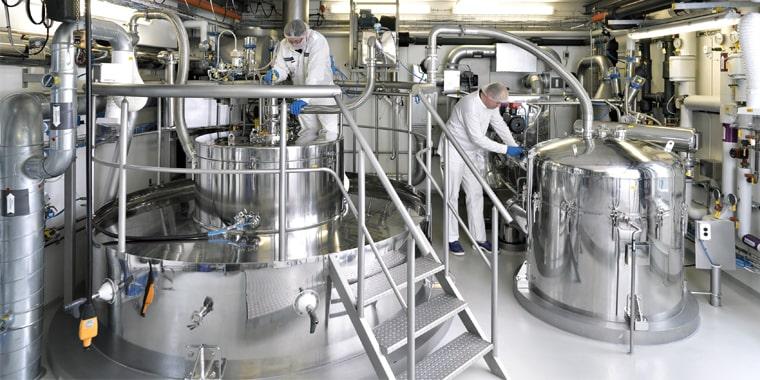
The Chemical industry is a demanding one, where business processes can slow down without transparency and complete visibility from the supply chain right up to production.
Slowed production translates into an inability to meet customer demand, and that spells trouble.
However, an efficient ERP solution provides data in real-time; like product lifecycle management, materials resource planning, etc., which helps to enhance production efficiencies.
An ERP for chemical manufacturing affords a real-time view of assets and production performance, leading to improved visibility and fewer roadblocks – thus helping you to meet customer demands quicker, and more efficiently.
Final Words
You have seen the multifaceted benefits a chemical industry ERP can usher into your chemical manufacturing business.
You can automate, scale up, and beat the competition to be one of the leaders in your field. At Tranquil, we can customize the ERP solution to align it with your specific business goals.
If you’d like to see for yourself how it would work, schedule a demo right now!
We will be happy to answer all your queries related to ERP for your business.

